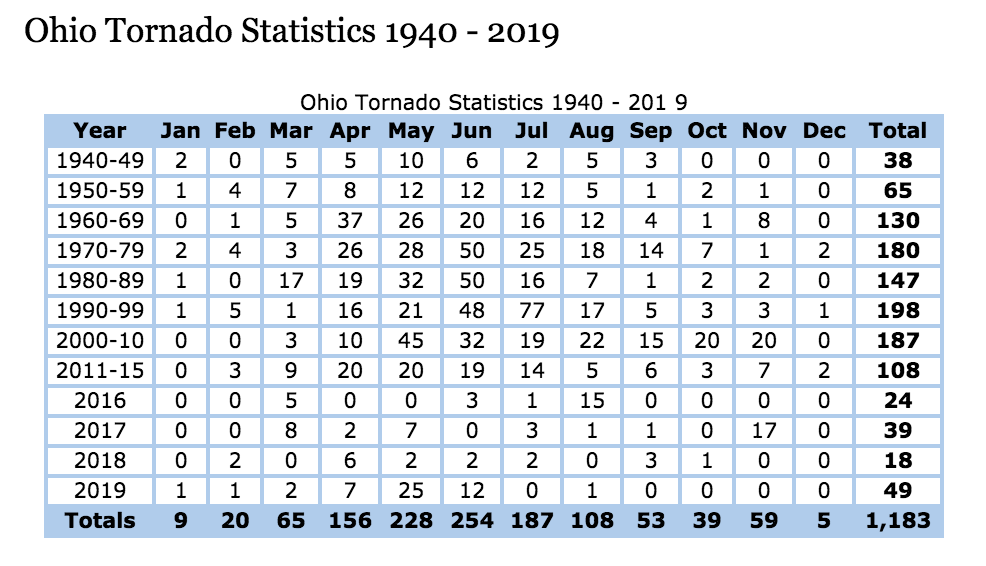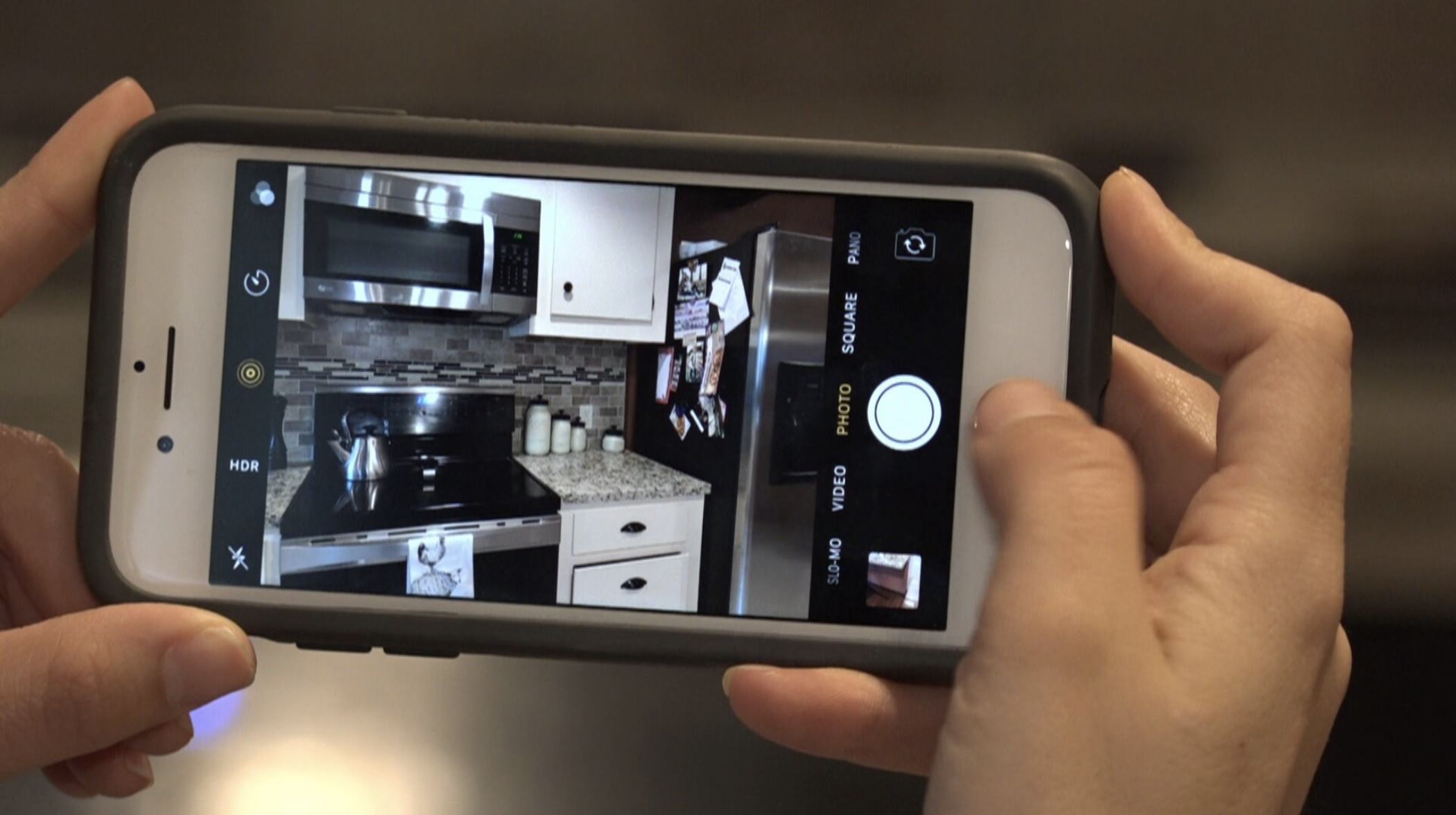Spring Severe Weather Awareness Week in Ohio falls in March each year, but it’s important to stay alert throughout the spring into summer when tornados are most likely to occur.
Don’t wait for severe weather to strike – have a household plan in place now so you’re not caught off guard in the instance of a tornado or other disastrous storm. Preparation is key to staying safe and minimizing potential loss. Below are steps to take before, during and after a tornado.
Planning Before a Tornado Strikes
Ensure your family knows the signs of a tornado. A tornado is a violently rotating column of air touching the ground, usually attached to the base of a thunderstorm. Tornadoes appear to be a funnel-shaped cloud, an approaching cloud of debris, or a loud roar approaching. The sky often appears dark and greenish, and storms produce heavy rains, flash floods and hail.
Pay attention to the weather forecast. Meteorologists can often forecast when conditions are right for a tornado to develop. A WATCH means a tornado is possible; a WARNING means a tornado is already occurring or will occur soon and you should take cover immediately. Don’t assume a watch won’t turn into a warning; take precautions and don’t risk your safety.
Identify a safe place to gather in your home. Ideally an underground shelter with no windows – a basement, cellar or even an interior room at the lowest level of the house. Make sure everyone in your household understands to go to this designated area during a tornado. If you’re in a mobile home, find an alternative location you can go to such as a local emergency shelter.
Learn about your workplace and children’s school emergency plans. Every building has a different plan of action. Talk to your child’s school or daycare and understand their emergency plan. You’ll feel much better if you know exactly where your child is during a storm.
Create an emergency kit. Essential items to include: first aid kit, water and nonperishable food, manual can opener, flashlight, battery powered radio, extra batteries and a whistle. If you have a baby or pets, keep in mind you’ll want to have diapers, formula and extra food on hand. If you require medications, try to keep extra prescriptions in your kit. Also consider keeping important documents here such as birth certificates, insurance policies, a household inventory and ownership certificates (cars, boat, etc.)
Prepare your home. If a tornado is approaching and you have time, turn off utility switches and valves. Secure or bring inside anything that could be picked up by the wind. Close curtains and blinds to prevent shattered glass from flying.
Practice your plan. Teach your family how to administer basic first aid, how to use a fire extinguisher, and how and when to turn off water, gas, and electricity in your home. Conduct a family tornado drill to ensure everyone understands the plan.
Confirm your insurance coverage. Tornado losses will typically be covered under “windstorm peril” in your homeowner’s insurance policy. Ensure you have adequate coverage and alert your insurance agent to any improvements, home inventory additions, etc.
What to Do During a Tornado
Take immediate cover. Go to your designated safe room in your home or other shelter – remember to avoid areas with large glass windows or large open areas. Do not try to outrun a tornado in a car. Listen to weather reports for storm updates.
Further shield your body. Cover your head and neck with your arms. Put other materials around you such as blankets and large pieces of furniture.
Don’t leave shelter until it’s safe to do so. The tornado may pass but can still produce high winds, flying debris and weak tree branches that can fall and cause injury. Tune in to EAS, NOAA Weather Radio or local alerting systems for current emergency information and instructions.
Steps to Take After a Tornado
If you are injured or trapped, don’t move. Cover your mouth with cloth to avoid breathing dust. If you have access to a phone, call or send a text. Otherwise, make noise by banging on a pipe or using a whistle.
Continue listening to authorities for updated information. As previously mentioned, there can be continued severe weather following a tornado. Don’t go outside or move about until it has been cleared.
Use extreme caution when assessing damage. Wear thick-soled shoes, pants, long sleeves and work gloves. Watch out for downed power lines and do not attempt to remove heavy debris by yourself.
Take photographs/video of property damage. This will assist in filing an insurance claim and you should notify your insurance company of any storm-related losses as possible. Prevent further damage by covering up windows, putting a tarp over holes in your roof, etc.
Additional tornado safety resources:
American Red Cross Tornado Safety
Ohio Committee for Severe Weather Awareness Tornado Facts & Safety Tips
National Weather Service Tornado Safety
Federal Emergency Management Agency (FEMA) – Be Prepared for a Tornado
Questions about homeowner’s insurance coverage for tornadoes, flooding or other severe weather? Contact Wallace & Turner at (937) 324-8492 or info@wtins.com.











